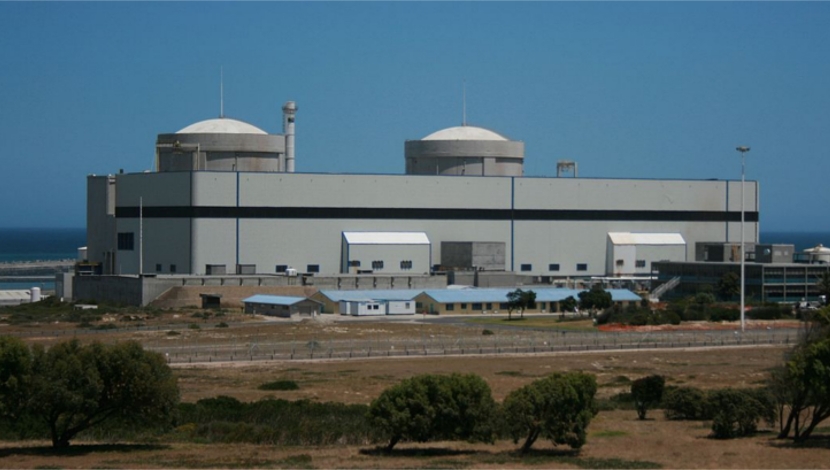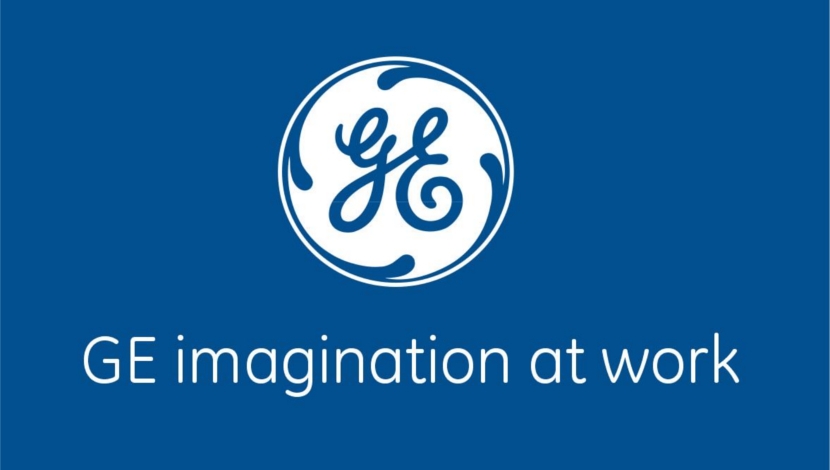
![Eskom - [http://cdn-www.drum.co.za/wp-content/uploads/2014/11/Eskom1.jpg]](https://concretetrends.dmgeventslive.com/wp-content/uploads/2016/12/e4210687fa864c72dcbfd1fbb3f624b2.jpg)
Engineering News – The South African economy could lose 15,000 possible jobs, associated with 26 Department of Energy – (DoE-) approved renewable energy plants, if State-owned power utility Eskom does not follow through with its legal obligations to finalise power purchasing agreements (PPAs) with the private firms who have been earmarked to build and run these plants, warns the South African Renewable Energy Council (Sarec).
The council on Monday said that since 2011, the DoE’s utility-scale renewable energy initiative, the renewable energy independent power producer procurement programme (REIPPP) had outsourced “a sizeable amount” of its energy infrastructure development to the private sector – a process which initiated the development of 92 privately-owned and -run renewable plants. Sarec stated that through the REIPPP, a series of solar power, photovoltaic, biomass, landfill, wind, and small hydro plants were set to feed 6,500 MW of power onto the grid. Adding that since conception, half of these had been built and were already operational.
However, the council noted that the construction of the next 26 plants were on hold, as Eskom had delayed signing the contracts, which set the price for how much it would pay for the power, which these privately-owned plants would generate over the next 20 years. Sarec also pointed out that this price had been subject to a competitive bidding process and had already been approved by the DoE
“Eskom’s refusal to sign PPAs despite this due process being concluded, has delayed indefinitely the financial closure of these plants, meaning construction cannot begin, Sarec chairperson Brenda Martin elaborated. Martin said 13,000 construction-related jobs could be lost in the next two years if the building of the plants did not go ahead. A further 2,000 operational jobs over the next 20 years are also at stake if Eskom did not sign these power purchasing contracts.
Sarec also estimated that a combined investor value of R50-billion was “hanging in the balance”, as the future of these plants remained uncertain. “This excludes the financial costs of ongoing delays.”
More news
- N2 rehabilitation project to be completed end of this year
- Siemens to build two gas-powered electricity plants in Libya
- International team unveil 76,000 m2 waterside development in Abu Dhabi
- Gift of the Givers to unveil aquifer project in drought-stricken Beaufort West
- Kenya: one million low cost houses to be constructed over the next five years





